Latin American Diplomatic Initiatives on Venezuela’s Political Crisis Show Signs of Decline as Maduro Fortifies His Power
The diplomatic initiatives undertaken by the leaders of Brazil, Colombia, and Mexico, collectively known as the “three amigos,” to mitigate the political standoff in Venezuela, have encountered significant obstacles and appear to be losing momentum. Historically characterized by a non-interventionist stance regarding the internal affairs of neighboring states, these leftist presidents are presently grappling with the consequences of their newfound engagement in Venezuela’s contentious presidential election crisis, wherein they are tasked with mediating disputes between Nicolás Maduro and opposition factions claiming electoral victory.
Initially, this unique diplomatic effort was positively received by both the Venezuelan opposition and observers in the United States, who were relieved to delegate the delicate situation to regional leaders. President Luiz Inácio Lula da Silva of Brazil, along with Andrés Manuel López Obrador of Mexico and Gustavo Petro of Colombia, expressed clear skepticism regarding Maduro’s asserted election victory and urged Venezuelan authorities to release detailed electoral data to substantiate their claims. López Obrador articulated this sentiment, emphasizing the need for transparency by stating, “If there are doubts … then count the votes.”
Despite these hopeful beginnings, the mediation process has shown signs of faltering as the weeks progressed. Experts point out that misgivings from Mexico’s outgoing president regarding the effectiveness of the engagement, as well as rising tensions and diverging interests within the leftist factions of Latin America, have contributed to diminishing prospects for successful intervention. Additionally, internal U.S. pressures for Maduro to acknowledge his electoral defeat have complicated the efforts. Daniel Lansberg-Rodriguez, a geopolitical analyst, remarked, “The mediation effort is cautious, focusing on avoiding conflict and a new migration wave rather than defending democracy.”
As dissenting voices among Venezuelan opposition leaders claim to possess evidence indicating that challenger Edmundo González won the election by a significant margin, the three leaders have yet to elicit a commitment from Maduro to publish the electoral tallies. Their diplomatic engagement has also suffered from the lack of a consequential dialogue with Maduro, a planned communication that remains unrealized.
Moreover, recent suggestions from President López Obrador to allow for the audit of electoral results conducted by Venezuela’s Supreme Court, which is predominantly loyal to Maduro, have raised further concerns about the legitimacy of the mediation process. Similarly, President Lula’s stance advocating for a possible re-election has elicited discontent among opposition supporters who perceive a lack of urgency in achieving democratic transition.
The United States, having witnessed the failures of previous strategies aiming to remove Maduro from power, has adopted a cautious stance, choosing to refrain from direct interventions. While the Biden administration openly critiques the electoral process’s integrity, it has refrained from making definitive declarations regarding González’s status. U.S. Secretary of State Antony Blinken has maintained dialogue with Latin American leaders while ensuring that any potential resolution remains politically viable.
Ultimately, the viability of any exit strategy for Maduro hinges upon the potential for amnesty and concessions for those implicated in corruption and human rights violations. Thomas Traumann, a notable Brazilian political consultant, noted, “This plan may not succeed — not because Lula and Petro are naïve, but due to the significant support Maduro enjoys from the military and international allies such as Russia and China.”
In conclusion, the collective efforts of Brazil, Colombia, and Mexico present a nuanced approach to a complex geopolitical crisis. However, the tepid response from the relevant stakeholders and the prevailing environment in Venezuela suggest that substantial progress towards a peaceful resolution remains elusive. The region’s leaders must navigate these turbulent waters with caution and strategic foresight as they strive to engage with the realities of Maduro’s entrenched rule.
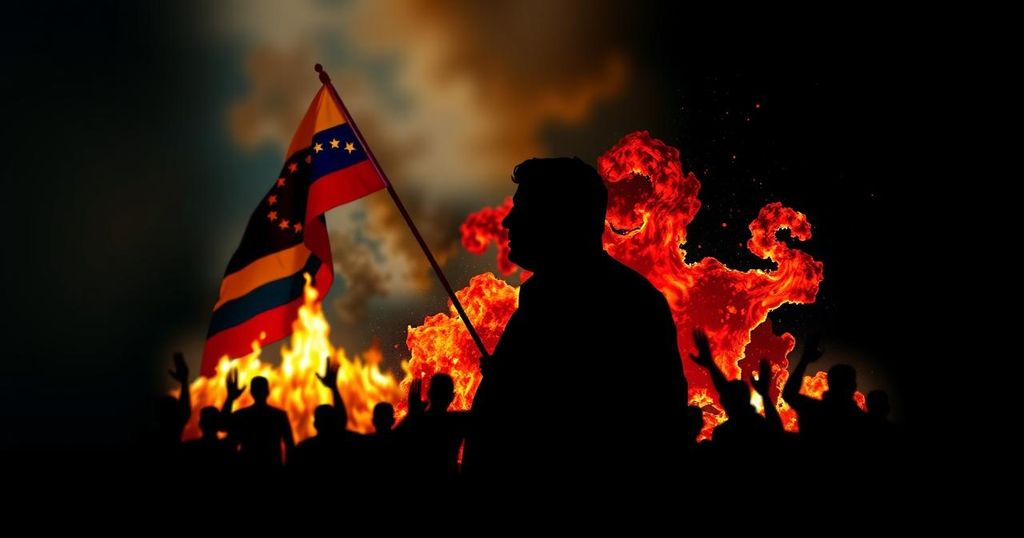
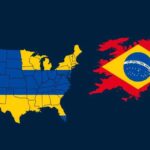
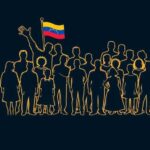


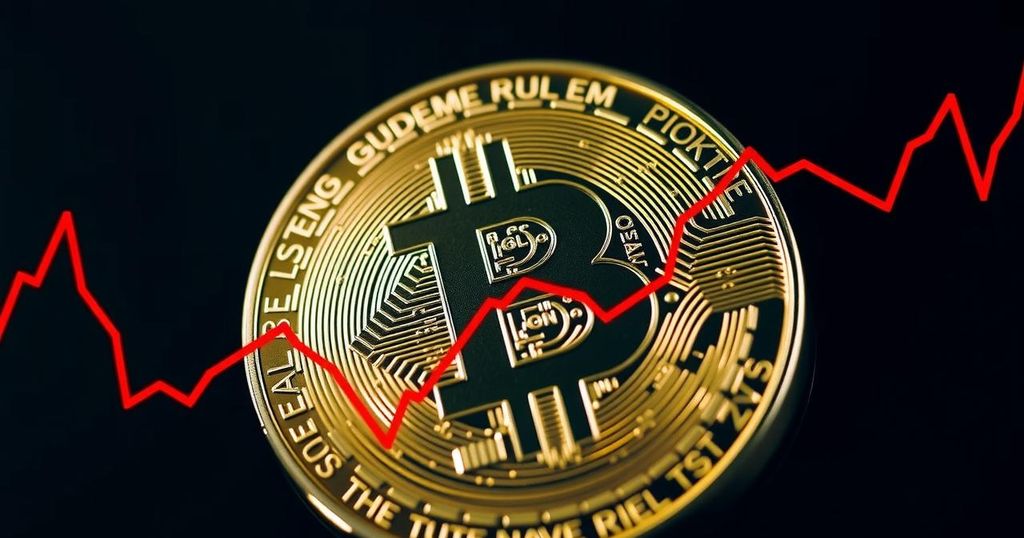
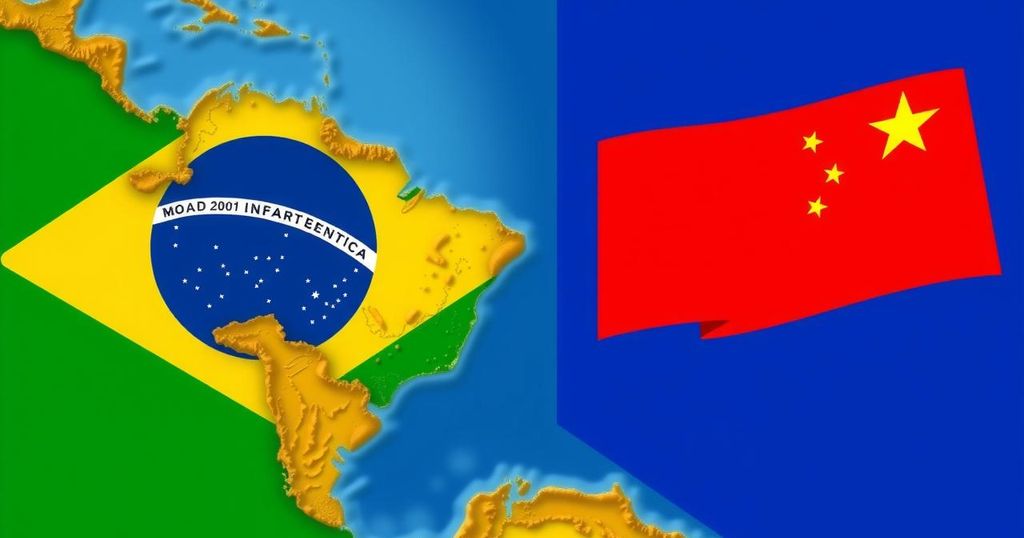
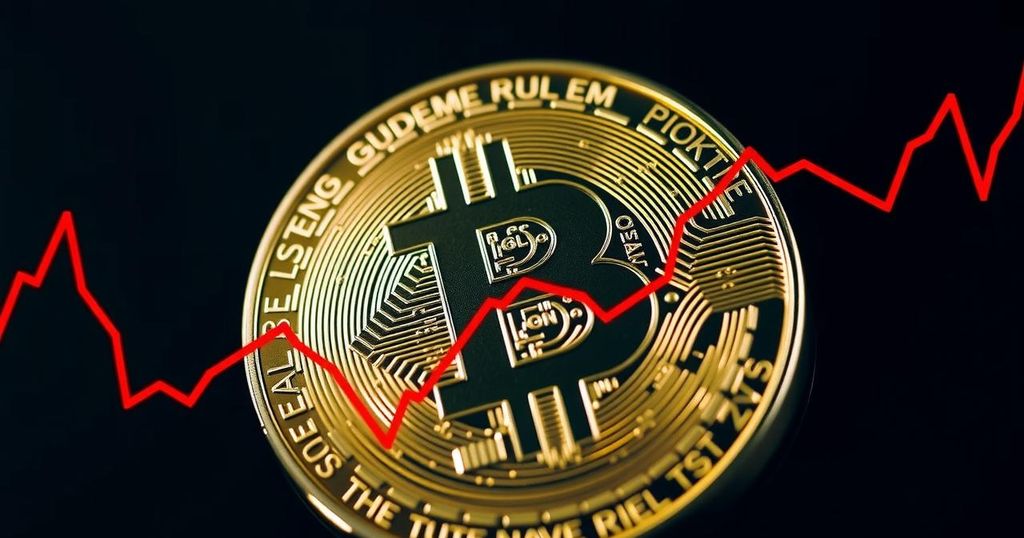
Post Comment